

Discover more from Weapons and Strategy
Stoltenberg Continues to Back NATO Expansion as NATO's Future Grows Cloudy
Taiwan Not Invited to NATO Parley
The NATO Secretary General, Jan Stoltenberg says that the security concerns of the Western military alliance and Japan are ‘closely interconnected’. Accordingly, for the first time both Japan, along with Korea, are attending the NATO Summit at Vilnius, as is Australia.
Taiwan, of course, was not invited even as an observer. Allowing Taiwan to attend might offend the pro-China players in Europe and many in the Biden administration. But how is it possible to have some kind of NATO coverage for Japan and Korea and not for Taiwan?
Taiwan is a big part of the problem in the far east, although everyone that matters treats the island nation as a pariah. This despite the fact that Taiwan is a stunningly vibrant democracy and a technology powerhouse.
Meanwhile the US Secretary of State went to China to be humiliated and Janet Yellen, because China needs her, managed to obsequiously bow and scrape in front of Chinese officials, and probably is giving away the store without getting paid.
China, however, is keeping up its military harassment of Taiwan every day, probably because nobody in Washington told them to cut it out. In other words, whatever leverage Washington may have had has been forfeited by top US officials.
Thus we have NATO expansion north and east. In the North it means that Sweden will not be allowed to join once the Turkish parliament rubber stamps Erdogan's deal with Stoltenberg and Biden. That deal is to trade Swedish membership for Turkey's membership in the European Union. Just how that will work still remains mysterious, but Erdogan, who poses as a peace mediator for Ukraine and Russia, probably has buried any chance for that to happen.
At Vilnius, at least so far (today is July 11, 2023) there is no agreement to include Ukraine in NATO now. Stoltenberg has proposed a fast track, but Washington, Berlin and others won’t move until the war is over.
Meanwhile, Turkey has released from detention high level members of the Azov Brigade, Ukraine's notoriously fascist, some say antisemitic, battle group that the Turks had pledged to keep in Turkey until the end of the war.
Turkey also has declared that if Russia does not agree to a renewed grain deal with Ukraine (a deal that has been consistently violated as Ukrainian grain has been delivered to Europe and not to starving Africans and Indians) then Turkey will provide a military escort for Ukraine's grain ships.
Probably Turkey does not know that there are a number of Russian submarines in the black sea.
Sweden has only a small army, but it has a very good air force. For years Swedish Air Force leaders have understood that their enemy is Russia. Sweden keeps a major airbase on the island of Gotland, not far from Russia. Sweden also knows that the Russians have been running underwater spying and active measure operations on Sweden's coastline.
But there is a problem for Sweden's security. Should hostilities break out, Sweden as a NATO member could be attacked by Russia. As a neutral state, that would not happen.
Beyond the failure to invite Taiwan to Vilnius as an observer, NATO is in a significantly weakened state. NATO's members have not significantly improved acquiring the military hardware needed for their security, and they have robbed their cupboards supplying Ukraine. Stoltenberg says that at Vilnius NATO members will agree that the 2% of GDP for defense will become a "floor" on the spending needed by NATO countries. But that floor is subject to demands for supply because of the Ukraine war and the recession in Europe which may soon bring down a number of important governments, France, Germany and the UK at the top of the list. There is opposition to the Ukraine war and excessive defense spending on the left, for example Labor in the UK, and on the right, as is the AfD in Germany and Le Rassemblement national in France.
These factors, plus social unrest from immigration from Africa and the Middle East, is a pot that if stirred, as it was recently in the French riots, endangers stable governance. NATO may have to come to the aid of states internally threatened, instead of threatened by Russia.
None of this has dampened the enthusiasm of the current crop of European leaders to pose as strong men capable of standing up to Russia. But if you add to that the proposition of standing up to China then, as far as NATO is concerned, we have entered into the theater of the absurd.
It is not that they are wrong to care about the security of Europe. The NATO alliance was built as a defensive alliance. Bringing in the Eastern European states converted the alliance from one that was purely defensive to one that was expansionist. This is what, initially, the Russians were angry about, especially as advanced western weapons showed up in places such as Poland and Romania, not to mention the Baltic States. Equally problematic were pledges not to expand NATO: these pledges given to the Russians by Western leaders, going back to Bill Clinton, that NATO violated.
The advantage that NATO had in carrying out its ambitious expansionist program was a weak Russia. For more than a decade after the collapse of the Soviet Union, probably closer to twenty years, Russia was a mess economically. It was, as Gorbachev in 1985 once opined to French President Francois Mitterrand, Russia was a backward third world country with nuclear weapons. In this time, Russian industry ground to a halt; Russian equipment was neither updated nor well maintained, and Russia for the most part focused on improving its strategic defenses, not its offensive might.
The Ukraine war, oddly, has helped Russia to really invest in its armed forces by building new and better hardware. We are now seeing that on the battlefield as the Russian military have not only withstood a massive counter offensive along the entire line of contact coming from Ukraine and NATO but are now on the offensive. The affair has been costly to both sides, but Ukraine has been dealt the harshest blow as its offensive is starting to turn into a rout, and as its forces are talking about moving back to defensive positions. If the Ukrainians burn more tanks, armored vehicles, artillery units and troops, they will be in deep trouble.
The US, lacking 155mm artillery rounds, a key component of Ukrainian supply. is now sending old cluster bombs to Ukraine. Many Europeans are aghast at Biden’s decision, either because they have signed the ban on cluster bombs, which some NATO members such as Germany have done, or because they are horrified by the risk of killing civilians from unexploded cluster munitions.
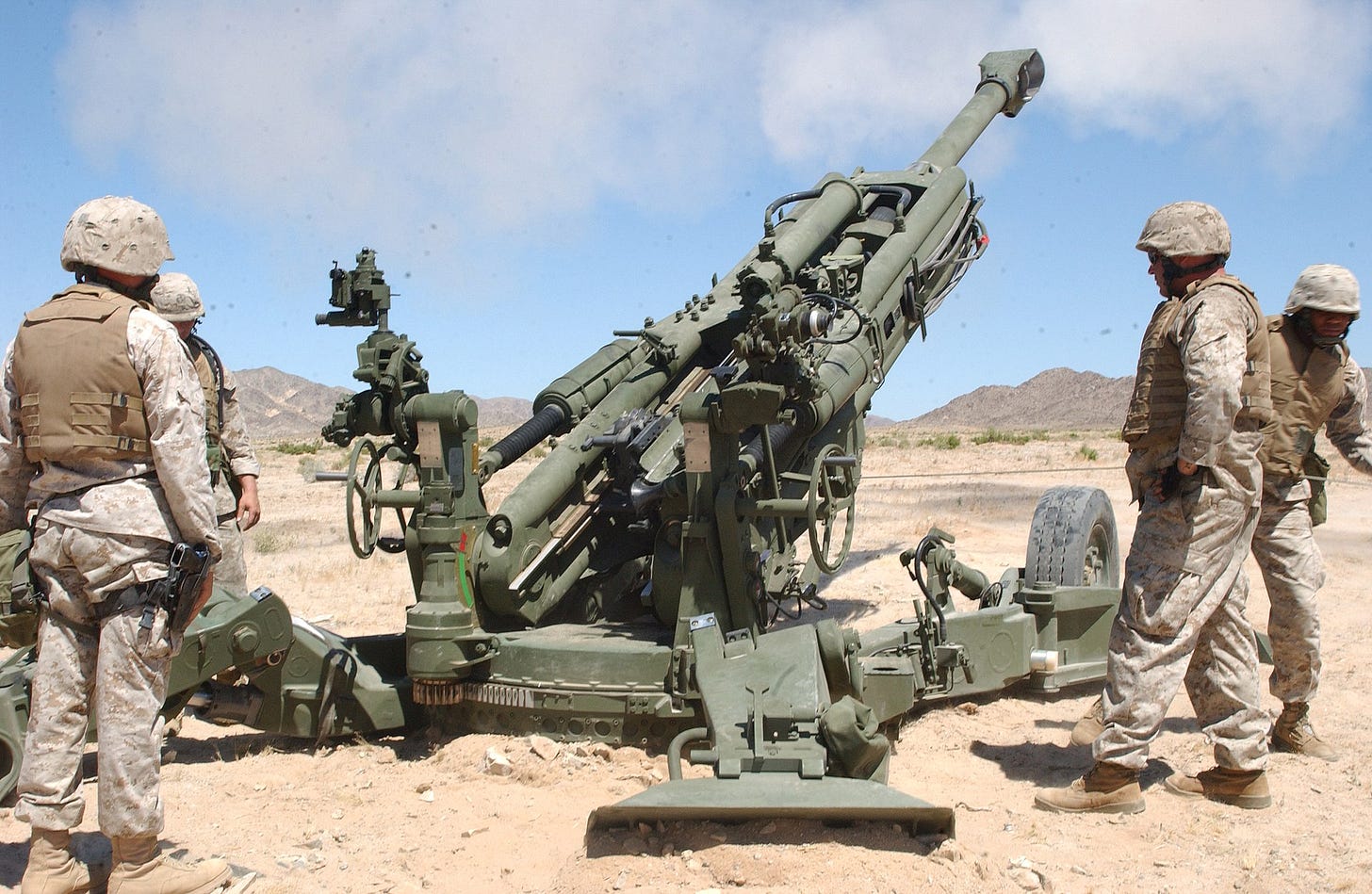
Some Americans also are complaining, bringing up some of the painful history of these weapons.
It is difficult to speak of expanding NATO when its number one foreign adventure in Ukraine could, on any day, collapse.
Stoltenberg has been extended in office as head of NATO for another year because Biden vetoed giving NATO leadership to Ben Wallace, the UK's Secretary of State for Defense. This blow to British prestige, after backing the US policy on Ukraine unstintingly, leaves NATO with Stoltenberg for the coming year. Should Europe weaken internally, and as NATO has been expanded too much, its future is more cloudy than ever.




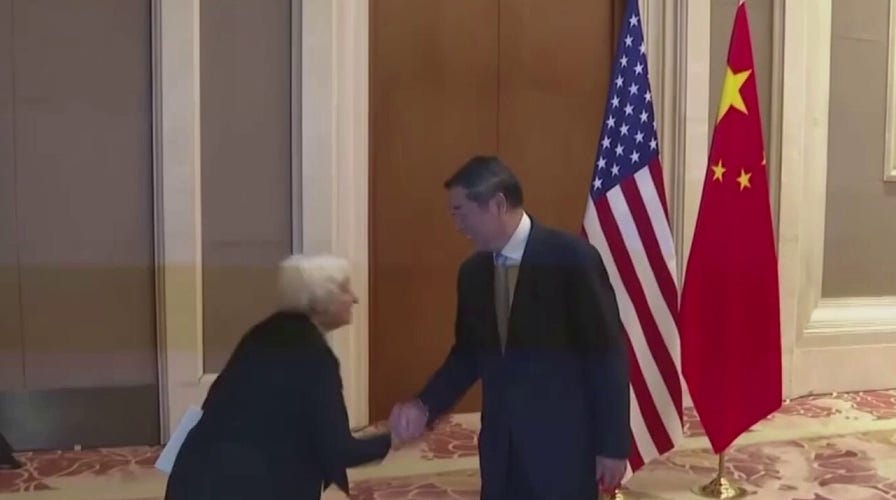
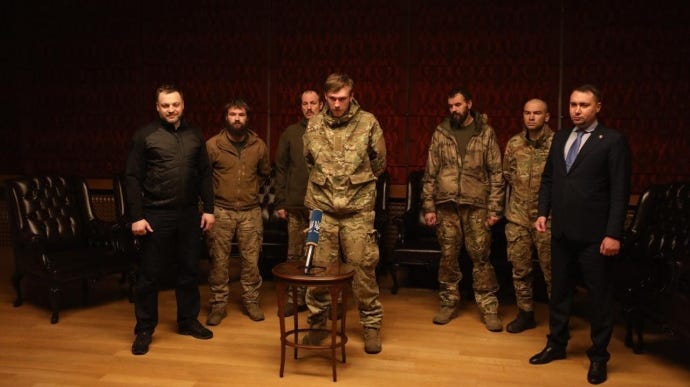
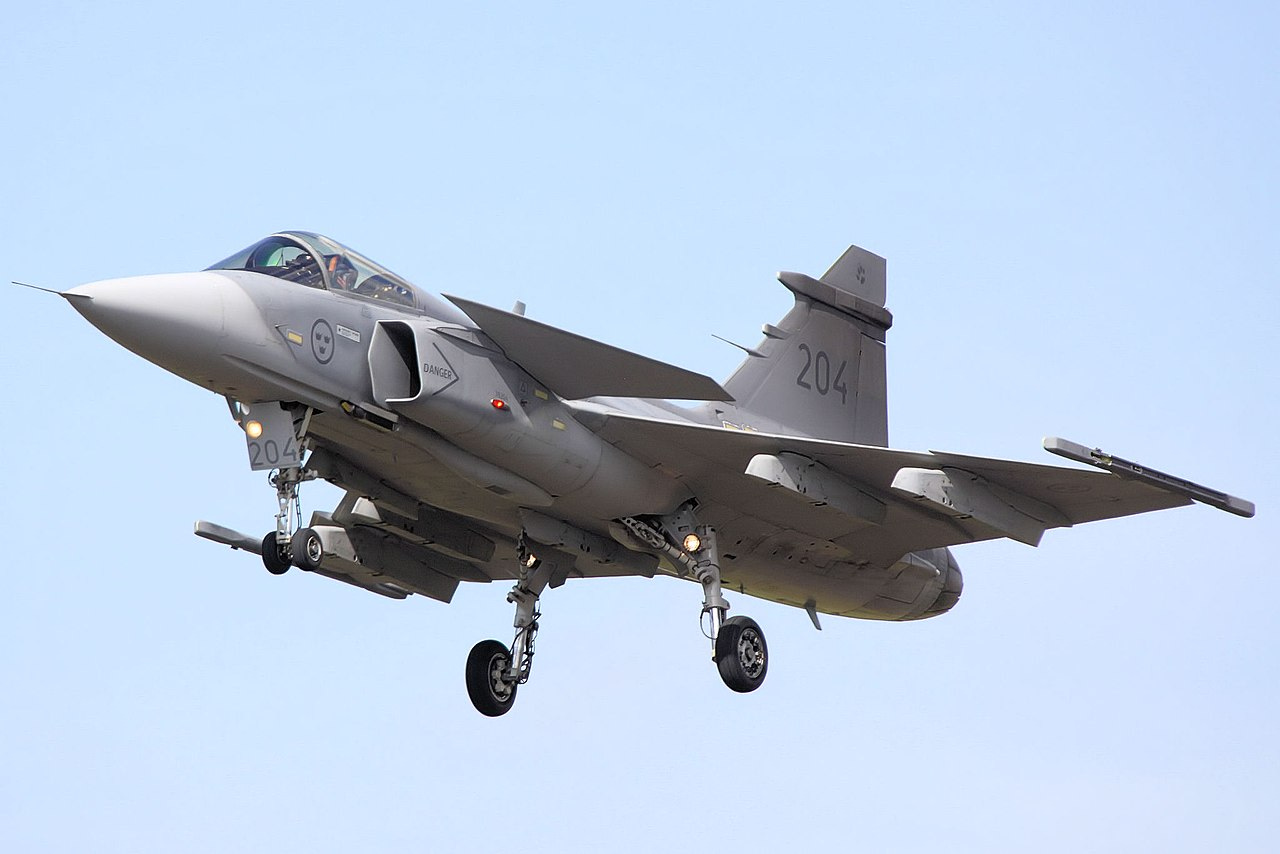





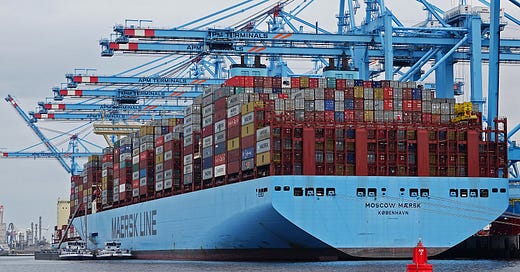

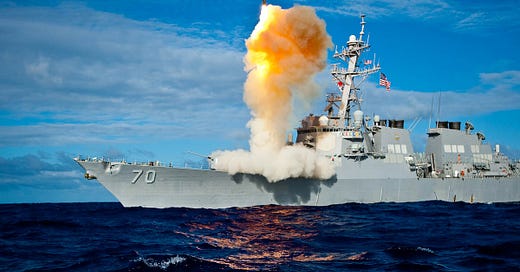

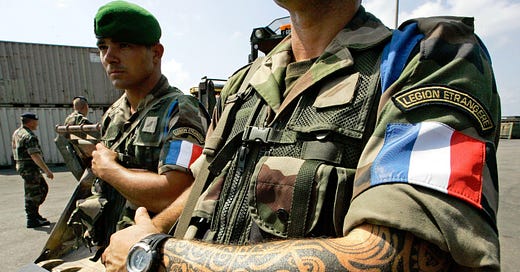

Finland and Sweden will regret their rash decision to join NATO. As neutrals, they were able to determine their own foreign policies. Going forward they will have to take their marching orders from Washington.
Both countries historically have done a credible job providing resources for their militaries. As NATO members, they now know that the USA "has their back." So the temptation will be there to cut back on defense spending and spend the savings on the social programs that benefits their citizens. In other words, they will behave like most other NATO members.
Out of interest, what makes you beleive that in the UK Labour could be anti-Nato/less pro-Nato than Conservatives? There have been some reports that our shadow foreign secretary, David Lammy, has had high-profile meetings with US foreign policy establishment in the event we have a future Labour government. Additionally, unlike in other parts of Europe, there is almost no political debate between our political parties on aid to Ukraine - historically Labour under Harold Wilson was certainly more circumspect about involvement in US military activities, but since Blair Labour has come to almost exactly the same positions as the Conservatives on much foreign policy (bar possible Syria bombings circa 2013 under Miliband).